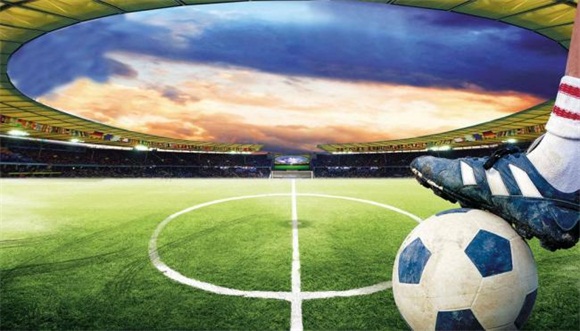China is now having its top two annual political meetings, the “Two Sessions” (as is generally known), which are attended by provincial administrators, top businessmen and Chinese Communist Party members.
Many beneficial proposals will be put forward during the meetings. Undoubtedly, the value of popular sports has become a hotly debated subject. As the 2016 Chinese Super League (CSL) began on March 4th, LeEco, the internet rights holder of the CSL for the next two years, must have a say in how the sports industry is to develop in China.
Le Sports, the sports unit of LeEco, announced a wide-ranging strategic partnership with Ti’ao Power at a press conference last month. Under the five-year partnership, Le Sports has officially been awarded the exclusive global broadcasting rights to the top Chinese football league. Starting with the 2016 season, Le Sports will live stream CSL matches annually in mainland China, the U.S., Hong Kong, Macau, Taiwan, Canada, and much of Southeast Asia.
Against this background, as an attendee at these meetings, Han Fangming, LeEco’s vice president, has submitted a proposal to appeal for a strengthening of the laws on intellectual property protection (IPR).
As Han stated in the proposal, counterfeiting and copyright infringement is an astonishingly widespread phenomenon in China. Especially in this internet era, lots of websites provide live sports programmes and pay-per-view services without authorization from rights holders. Therefore, it is important to accelerate the process of IPR law-making in the sports industry.
Han pointed out two existing problem as follows. First, in terms of legislation, sports programmes are not defined as a type of ‘publication’ in China’s copyright laws. In LeEco’s case, the two-year CSL broadcasting rights are what they rely on to increase branding presence and make a profit in the sports market. Second, infringers get much lighter punishments than they should. Rights holders have to engage in long drawn out legal proceedings to receive even a little compensation.
Analysts believe that as an important player in the industry, LeEco’s suggestions are going to promote the development of the Chinese sports market and enhance the fitness levels across the country.
Proofread by John Devlin.
